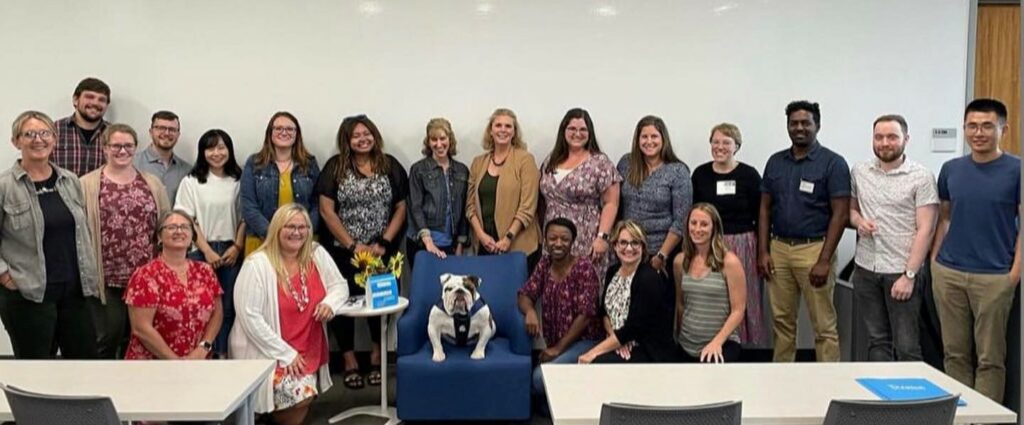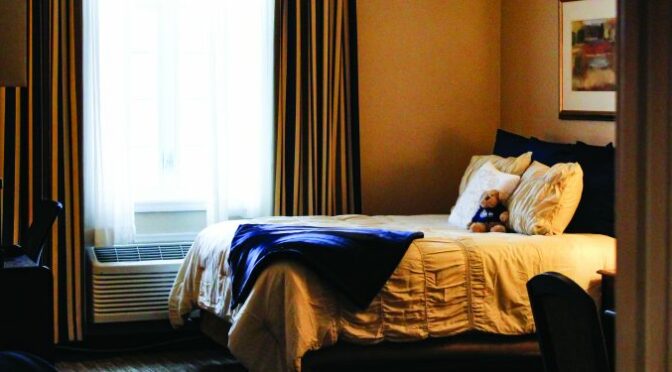Full-time Drake faculty (continuous term, tenured, and tenure-track) are invited to apply to be Director of the Drake University Honors Program.
The Director of the Honors Program delivers on the Program’s mission to “ to create an environment, in and out of the classroom, that continually pushes, primarily, members of the Honors program and, then, secondarily, all University members to develop the skills necessary to engage complex problems with patience, depth and creativity.”
Drake’s Honors Program offers undergraduate and Pharmacy students discussion-based, reading- and writing-intensive courses on interdisciplinary and ever-changing topical issues. The program provides a unique opportunity for intellectual enrichment both in and out of the classroom, and the Director is vital to creating, delivering, and sustaining those opportunities.
Job description:
Working with the faculty advisory board and the honors student council, as well as the deputy provost and other campus partner, the Director of Drake’s Honors Program will develop, initiate, and assess coursework and programming to support the Mission of Honors at Drake University.
Duties and responsibilities include:
meeting regularly with the student board and the faculty advisory board, and setting the agenda for those meetings;
serving as a supplemental advisor for all Honors students;
working with all seniors writing an honors thesis;
attending all thesis and study abroad presentations;
overseeing the May Honors Ceremony and the Senior Poster presentation;
coordinating the Honors Practicum;
staffing the Paths to Knowledge course;
soliciting honors course proposals;
developing faculty training and workshop opportunities to increase faculty
participation in the program.
The Director of the Drake University Honors Program is responsible for articulating a consistent vision for the program and utilizing the faculty and student advisory boards to achieve that vision. They will be equity-minded, and interested in furthering racial and ethnic, socioeconomic, and disciplinary diversity among the student body earning the Honors designation. The director serves a spokesperson for the program with campus partners, including Admissions and Advancement, and acts as an advocate for the Honors Program in all relevant university forums. The Director is encouraged to work with the Office of Sponsored Projects to develop grant proposals that increase capacity for the program.
The director will serve a three-year appointment, beginning August 1, 2023. The Director of Drake University Honors reports to, and consults with the Deputy Provost for Academic Affairs, and has full-time dedicated administrative and budgetary support. The Deputy Provost and Honors Director will engage in an annual review each fall, with the director eligible for two terms of appointment (6 years total) at the close of which a university-wide call will be circulated; the sitting director is welcome to reapply.
Resources for the work:
Compensation for the Director of Drake University Honors will include:
A $7,400 stipend paid annually over the course of the 12-month appointment (this stipend applies for both 12- and 9-month faculty);
Up to two funded course reassignments per academic year.
Application Process and Timeline:
The Deputy Provost will convene a hiring committee in fall 2022. The committee will be comprised of a member of the faculty advisory board, a member of the student advisory board, a recent alumni who graduated with honors, a staff member in a unit focused on student success, and a faculty member who has taught in the honors program but is not on the advisory council.
Successful applicants will: have a record of excellent teaching, and a record of engagement with Drake University Honors program and students – through course work and/or thesis advising; demonstrate an understanding of the Mission of the Honors Program, and their role in achieving it; articulate a vision for Honors and a plan for manifesting that vision; demonstrate commitment to interdisciplinary work; be a well-organized, innovative, and ethical leader.
Please submit a cover letter indicating interest in the position, qualifications for it, and a vision for Honors, along with a cv, to renee.cramer@drake.edu (cc:ing nicki.kimm@drake.edu) by Friday, October 14. Please use the subject line Honors Director Application, on your email.
The hiring committee will meet to review files during the weeks of October 17 and 24, and will make a recommendation for interviews by October 30. The committee will complete interviews by November 15 and deliver to the deputy provost an evaluation of the interviewed candidates in time for an offer to be communicated by November 18.
— Renée Cramer, Deputy Provost


